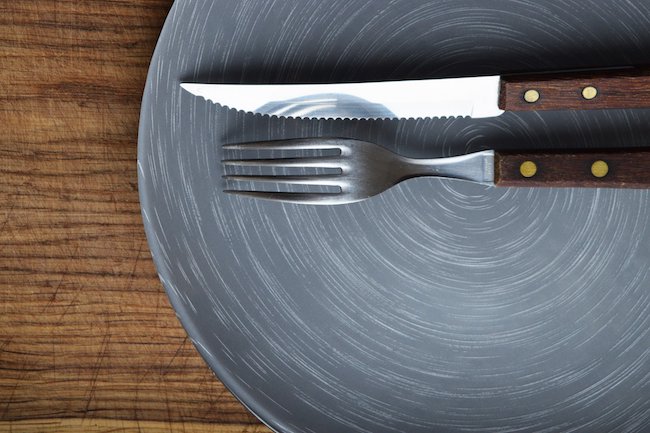If The Grocery Stores Are Stockpiling Food, Shouldn’t You? by SARA TIPTON for Ready Nutrition
In an attempt to circumvent rising food costs and the possibility of cracks in the food supply chain, grocery stores are beginning to stockpile certain foods. If grocery stores are stockpiling food, shouldn’t we also?
In an attempt to circumvent rising food costs and the possibility of cracks in the food supply chain, grocery stores are beginning to stockpile certain foods. If grocery stores are stockpiling food, shouldn’t we also?
Stockpiling by food retailers is driving some of the shortages of some staples, grocery industry executives said, and is challenging a U.S. food supply chain already squeezed by transportation costs, labor pressure, and ingredient constraints. A Wall Street Journal report Some supermarkets said they are buying and storing supplies to keep their shelves full amid stronger demand.
As well, fast food chains like Taco Bell are also feeling the shortage crunch. In an apology offered in an orange banner atop its website, Taco Bell declared: “Sorry if we can’t feed your current crave. Due to national ingredient shortages and delivery delays, we may be out of some items.”
5 Ways To Create a Personalized and Dependable Food Supply
While there are a lot of moving parts and it’s hard to see what the end result will be, the battle for resources from an individual level to a national level to a world level is becoming more clear. Below is a list of some options to preserve your food supply based upon a previous article.
- Preserve wealth. Choose hard assets (dry goods, precious metals, land, livestock, skills, etc.) for long-term investments so they will hold their intrinsic value over time. Holding these types of investments will insulate you from inflation and other economic issues. Further, tying your money up in assets will help you avoid the inflating prices of food sources in the future, thus furthering your cause of self-reliant living. Any of these hard assets could also be used to barter. You could begin to trade with others who may have something you need or want, or vice versa. Having a variety of “barterable” assets will give you leg up if prices become extreme.
- Invest in food. One thing analysts and financial pundits agree on is that, in general, commodities will continue to rise. When others are buying foods at inflated prices, you will be consuming your investment when it was purchased at a lower price. Using a combination of shelf-stable foods, you can create a well-rounded food supply to depend on when an emergency arises. Further, these foods last a lifetime and would make sound investments for future planning. Ideally, you would want to store shelf-stable foods that your family normally consumes. You should also as find foods that are multi-dynamic and serve many purposes. Dry goods like rice, wheat, beans, salt, honey, and dry milk will provide you with an investment that will grow in value as prices rise. They also offer you some peace of mind in case the economy further degrades.




